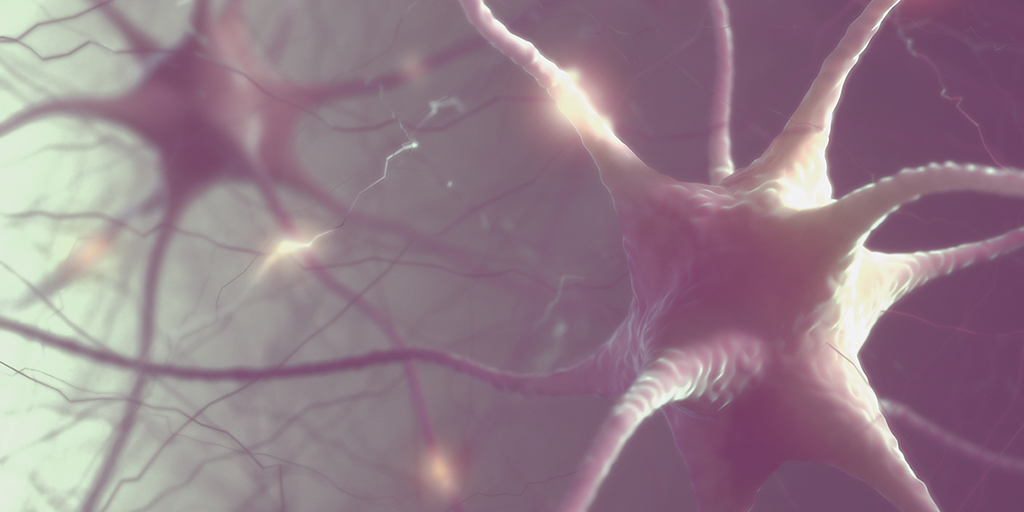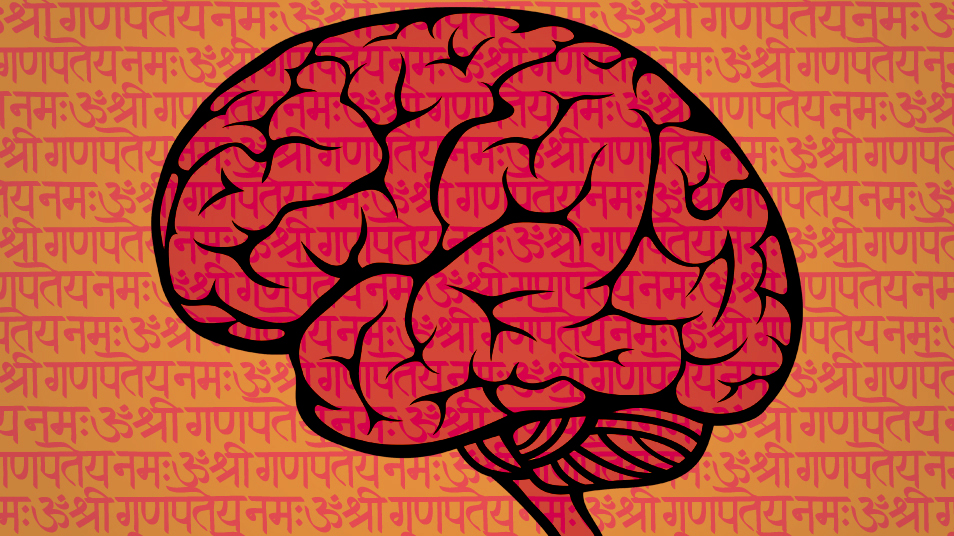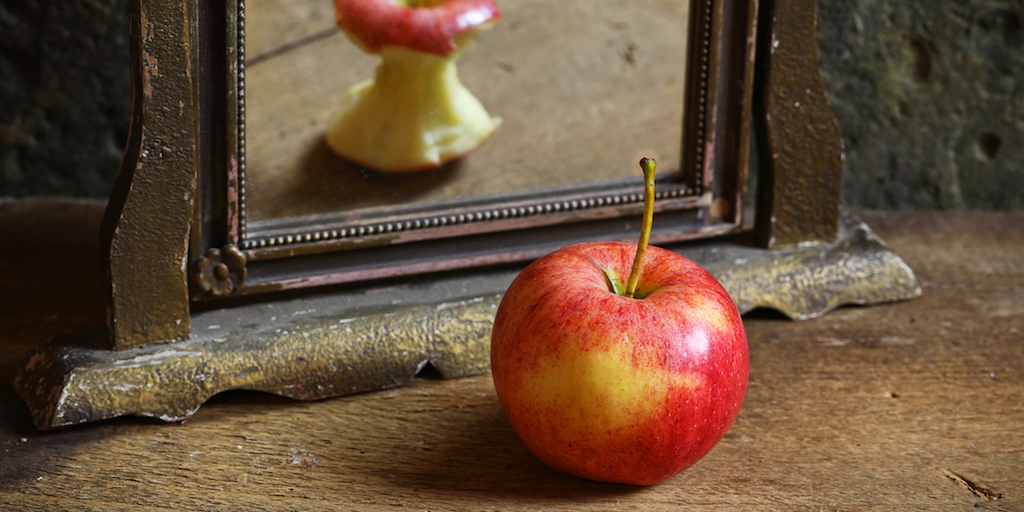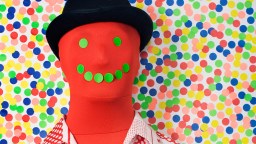neuroscience
Around 100 million adults in the United States are affected by chronic pain. What can we do about it?
Consider stress junk food for your brain, while meditation is the gym that can repair and reshape you after years of a bad brain diet.
▸
7 min
—
with
The scientific quest for immortality is predicated on the belief that evidence may already exist in the form of Near-Death Experiences and reincarnation.
Keeping a gratitude journal is good for you on a number of fronts.
Now, you can add chanting to your brain training regimen.
Some say that great ideas come out of thin air. Neuroscientist David Eagleman posits that perhaps all great ideas are simply built upon old ideas, because thats what fuels the creative brain.
▸
5 min
—
with
A brain process called “memory reactivation” can do wonders for your language learning abilities.
The Germans have a lovely saying for the benefits of keeping an idle mind: ‘die Seele baumeln lassen’, meaning ‘let the soul dangle’.
Cute things are usually vulnerable, fragile, and weak. But cuteness itself is mighty indeed.
Stanford researchers identify five different types of anxiety, each correlating with the activation of different brain networks.
‘IQ tests just measure how good you are at doing IQ tests.’ This is the argument that is almost always made when intelligence-testing is mentioned. It’s often promoted by people […]
Neuroscientists discover networks of neurons that stretch or compress their activity to control timing Anne Trafton | MIT News Office Timing is critical for playing a musical instrument, swinging a […]
Could neuroscience help a Jeffrey Dahmer or a Ted Bundy become… better people?
A new study explains why some people seem to be better than others at ridding their minds of intrusive thoughts.
How do people with a split brain continue to function as a single human being?
Acupuncture has a bad rap in the scientific community, but can modern brain scanning techniques redeem it?
A new study overturns the conventional thinking about how we focus our visual attention.
You’ve heard that “perception is reality.” Well, it’s not. It might even be a hallucination.
The discovery of a neuron in the brain that acts as the “master controller” of habits could someday change the way we treat addiction and compulsive behaviors.
When it comes to climate change, gun control, and vaccinations, facts don’t change people’s minds—but there is one technique that might.
▸
6 min
—
with
There are four main stages. Each has its own particular set of advancements and challenges.
Is creativity a wild and free state of mind, or is it actually a pattern that others just can’t recognize?
▸
7 min
—
with
Groundbreaking research finds that the human brain creates multi-dimensional neural structures.
It’s all in your mind. Really. Everything bad in the world might be coming from one particular part of the human brain.
▸
5 min
—
with
In her new book, professor of psychology Lisa Feldman Barrett proposes a radical new theory of emotions.
Natural selection has left us with a world of optimists—is this healthy?
▸
9 min
—
with
If you want to be a memory champion, this test is a good way to get started. Then maybe we can get a start on curing Alzheimer’s.
David Eagleman, neuroscientist and host of ‘The Brain’ on PBS, will speak at the Los Angeles Hope Festival on Sunday, May 21. The event is free but seats are limited.
A new study shows how talking to yourself may help your brain perform better.
A new study finds a connection between brain lesions and the ability of a person to consider other beliefs.





























